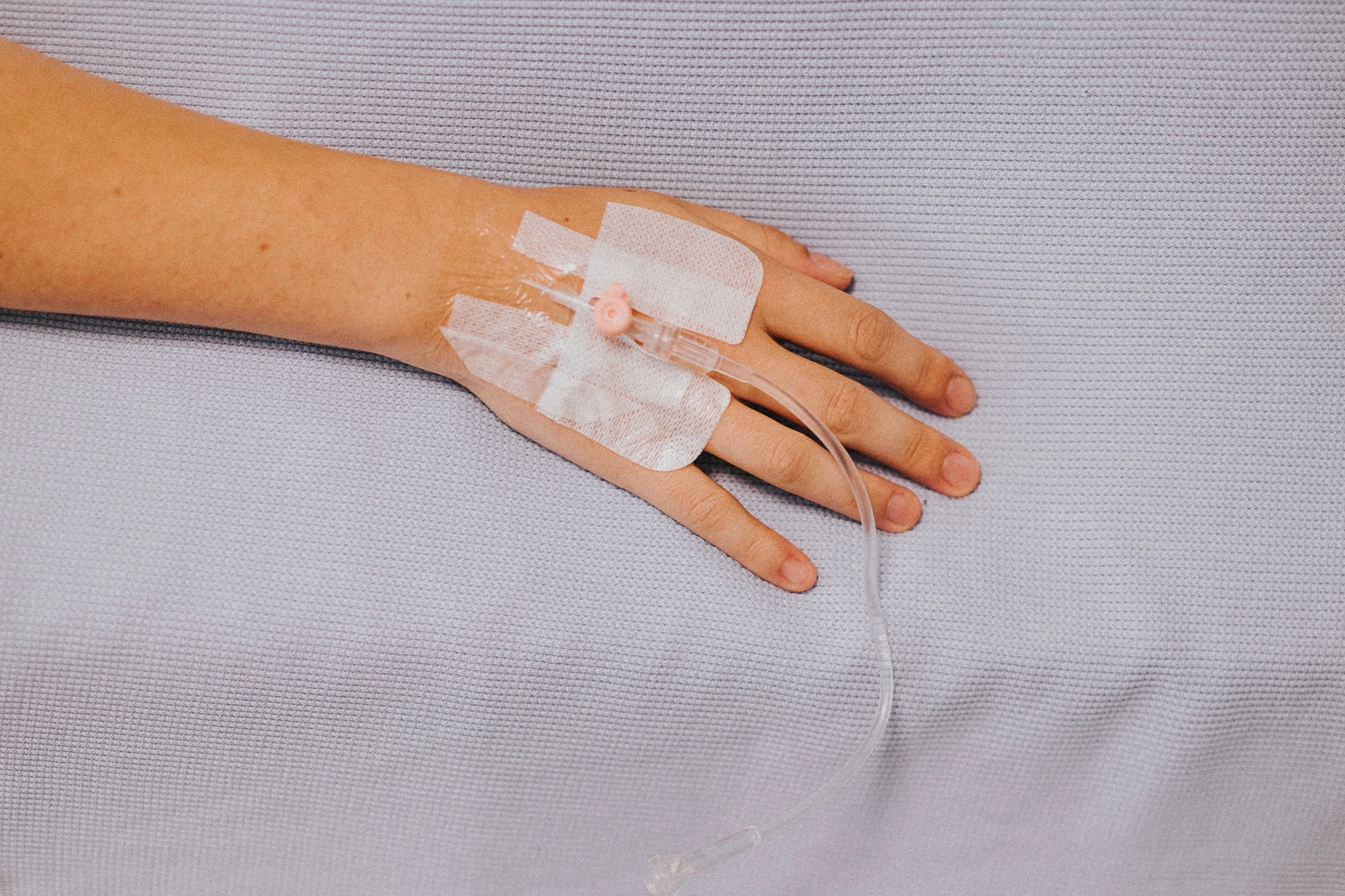Withdrawal and Rehab

The effects of withdrawal can be mild for some people, but for so many others, they’re terrifying. Withdrawal happens when a substance to which you’re addicted becomes scarce, or nonexistent. Withdrawal is the body’s way of telling you that you’re dependent on the drug’s effects to maintain yourself. Drug cravings are overwhelming during withdrawal, and become dangerous – instead of chasing the high, you’re now in physical need of the drug to curb the sickness and discomfort when a drug supply is cut short. Given the power of some addictions, it is possible for a person to experience some withdrawal symptoms, even if they try to taper off of the drug – lowering the dosage of a drug is an occasionally-used method of quitting that can help a person to slowly heal from their addiction.
As stated, however, any period where a person is experiencing a drug withdrawal can be dangerous. In many cases of withdrawal, a person becomes sick, often violently so. This is part of the reason that many drug and alcohol treatment programs are relegated to hospitals, where medical staff are able to easily get to patients in need. This is always a good thing, too – withdrawal symptoms from some drugs can actually kill a person. Withdrawal isn’t the only thing that causes fear in people living with addiction – it’s just an inevitable part of the journey for those who commit to healing themselves. The risk of relapse is a real, substantial, and understandable fear that lay in many people living with addiction. And sometimes, a second round of drug addiction can be more dangerous and potent than the first. Plus, there are almost always concerns surrounding the cost.
Despite these concerns about withdrawal, part of the reason that it is so important to go to rehab is the option for medical care while you’re healing. In order to heal from many addictions, medical care is completely necessary, not only because some withdrawals can kill, but also because it is necessary to wean the body off of some drugs through the use of doctor-prescribed therapeutic drugs. Depending on the right treatment plan for you, though, you may discover that starting with a different type of therapy works best, which is part of the process of finding a program that is a good fit for you. After you find a program that best suits your needs, it is important to remember that the recovery process is just that, a process: along the way, you will have good days and bad days, but leaning on the support provided through your treatment program can be the difference between success and another treatment program.
The First Day
 The decision to enter rehab can be a difficult one that you will need to discuss with anyone who supports you. This could mean friends, it could mean family, it could mean extended family. Talking to your loved ones gives them the chance to be there for you when you’re on your journey to lifelong sobriety. The intake process varies slightly at each treatment center. You’ll of course have given all of your information, and payment arrangements will have been set.
The decision to enter rehab can be a difficult one that you will need to discuss with anyone who supports you. This could mean friends, it could mean family, it could mean extended family. Talking to your loved ones gives them the chance to be there for you when you’re on your journey to lifelong sobriety. The intake process varies slightly at each treatment center. You’ll of course have given all of your information, and payment arrangements will have been set.
When you arrive at the place of your treatment program, you will normally be assigned a counselor. Your counselor has a multi-tasking role, and is assigned to several other people, as well. Great treatment programs do their best to keep each counselor’s caseload small. This can be especially helpful to a person who is trying to get away from their addiction to drugs and alcohol because there is a higher degree of personalized attention. This is the day that you will ask about your recommended treatment, and also speak with your counselor about setting reasonable goals for your stay in treatment. For certain addictions, you’re probably discussing a treatment plan, and getting started on medicinal therapies.
The First Week
For nearly all people living with addiction, this is the most difficult part of the recovery process. Even taking into account that recovery may not get ‘easier,’ per se, it is common for the first two weeks to be the most difficult. This is a crucial time for individuals living with addictions to benzodiazepines, alcohol, and opioids. Withdrawal symptoms from these drugs, in particular, can be especially difficult. Opioids, in fact, are so powerfully addicting, many people living with addiction to heroin will spend all of their freetime seeking it out. The habit of seeking, the ritual of getting high, and the crash are all part of the cycle that addiction treatment can help to break.
During this time, a severely-addicted person may have a difficult time breaking the habits, but also facing the temptation to go back to using. You may require around-the-clock medical attention for the first week in treatment. Withdrawal from a severe addiction can have dramatic and terrifying symptoms. The symptoms of withdrawal can affect any and all of your bodily systems – you may experience depression and anxiety, hurting your mental health, find yourself unable to sleep which affects you physically and psychologically, and vomiting, which can eat away at the lining of your throat and stomach, as well as expose your teeth to huge amounts of enamel-stripping stomach acid.
The Second Week
It is common for symptoms of withdrawal, especially severe withdrawal, to last for longer than one week. For many people, it can take all day to simply end the high of their drug of choice. While the first week is most crucial for people living with symptoms of severe withdrawal, the second week can be just as difficult as the first. During the second week, though, symptoms of withdrawal, whether mild, moderate, or severe, should decline.
While there’s no rule on the timeline for every recovery, the second week is when you can expect that your counselor may need to guide and encourage you through this difficult process. Staying in touch with friends and family during this trying time is also essential to success. The second week may be the continuation of medicinal therapy, or a slow transition to group therapy sessions and exercise. Your counselor will know what is best for you, and it is important to communicate with them, always, to utilize the team who is invested in your progress.




